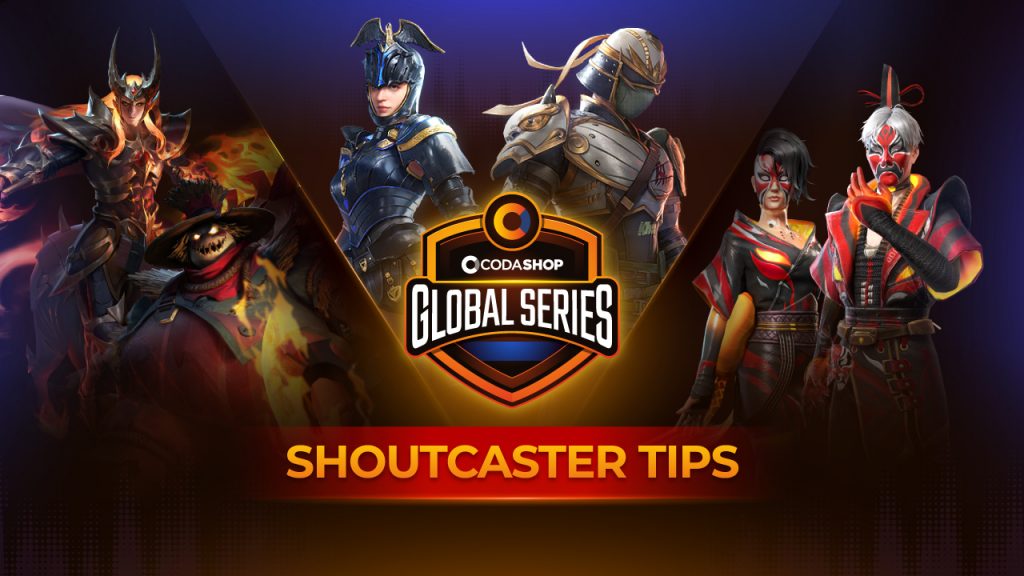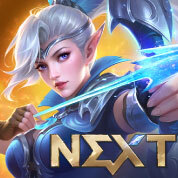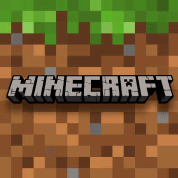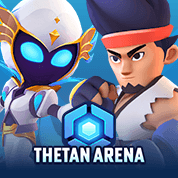
Esports has provided a way for everyone and anyone to be part of a global community of both gamers and spectators. One of its biggest appeals is the lucrative rewards given to winners and participants. But beyond playing, there’s another way to become part of the event minus the god-like gaming skills – shoutcasting.
In this post, we share tips for aspiring shoutcasters who want to make it in the casting business. We also spoke to a pro caster as he shared timely advice about preparation and development needed to excel in the field.
What is shoutcasting?
Shoutcasting is the Esports version of commentating. It amplifies what the players are achieving and brings their stories to the world. Its contribution is to evoke audience interest by providing hype commentary about the game.
Neil ‘Midnight’ de Guzman, pro caster and analyst from the Philippines, shared some golden nuggets on how to make it good in the biz. He’s been in the industry for the past seven years and for him, “shoutcasting is a way of giving life to the game and bringing the energy for the viewers to enjoy. It gives a story to what spectators are seeing.”
What makes a good cast?
A good cast is when:
1.) It goes unnoticed but felt. It’s when the viewer watches, enjoys, listens and gets hyped by the Play by Play (PBP).
2.) Every series is treated as the BEST series. This enables casters to always bring up the things that matter and energize themselves, the game, and the viewers.
3.) The things needed to be said are the things that are actually mentioned during the game.

Goals and personal development
It’s the shoutcaster’s duty to help people learn. It’s important to give information oftentimes missed by the regular viewer. As an aspiring caster, a good goal is to elevate the overall player base knowledge.
For aspirants, it also helps to know the difference between traditional sports broadcasting and Esports commentating. The former will only take place during game day while for Esports, games are updated and patched, metas evolve, and mechanics change overtime. You need to constantly brush up on your game knowledge to stay relevant.
Your personal development should be a daily process. Everyday routines will help improve your skills.
-Talk to people more often, some might even help correct your diction and speech patterns.
-Use more words from the dictionary to enrich your vocabulary.
-Read more game-related articles to stay updated.
-Play the game you are about to cast since knowledge doesn’t purely translate to game feeling.
-Conduct your own research — stats, background or history and player nuances.
-Maintain a healthy routine for your voice by getting enough sleep, avoiding cold drinks and modulating before cast.
It would also help if you can develop your own pre-casting rituals to help you relax and focus.
Best and hard parts of the job
According to Neil, the best part is seeing the viewers learn. When the audience picks up what you discussed, that feeling is ecstatic and irreplaceable.
The hardest part is when naysayers hurl harsh comments who feel like you’re acting as a know-it-all. Don’t take it personally because it’s natural and all part of the job. Just remember that you can’t please everyone, but you can keep pleasing the people who are pleased with what you are doing.
Pro tips for aspiring shoutcasters
Work on your game knowledge everyday. Play and understand it. Read patch notes and articles. Watch pro games and caster analysis. When you’ve reached mastery level, look for things that you might have missed. Game knowledge in Esports never reaches a peak as things always change. When something defies what you already know, learn from it.
Most importantly, to become successful you need to build connections, networks, and relationships. Shoutcasting is essentially freelance work and a good foundation is building relationships with clients. The trust of getting you again for a specific gig and being referred to other clients makes the big difference. Even if you are the best shoutcaster, if you don’t have the relationship with clients, you will be limited.

























